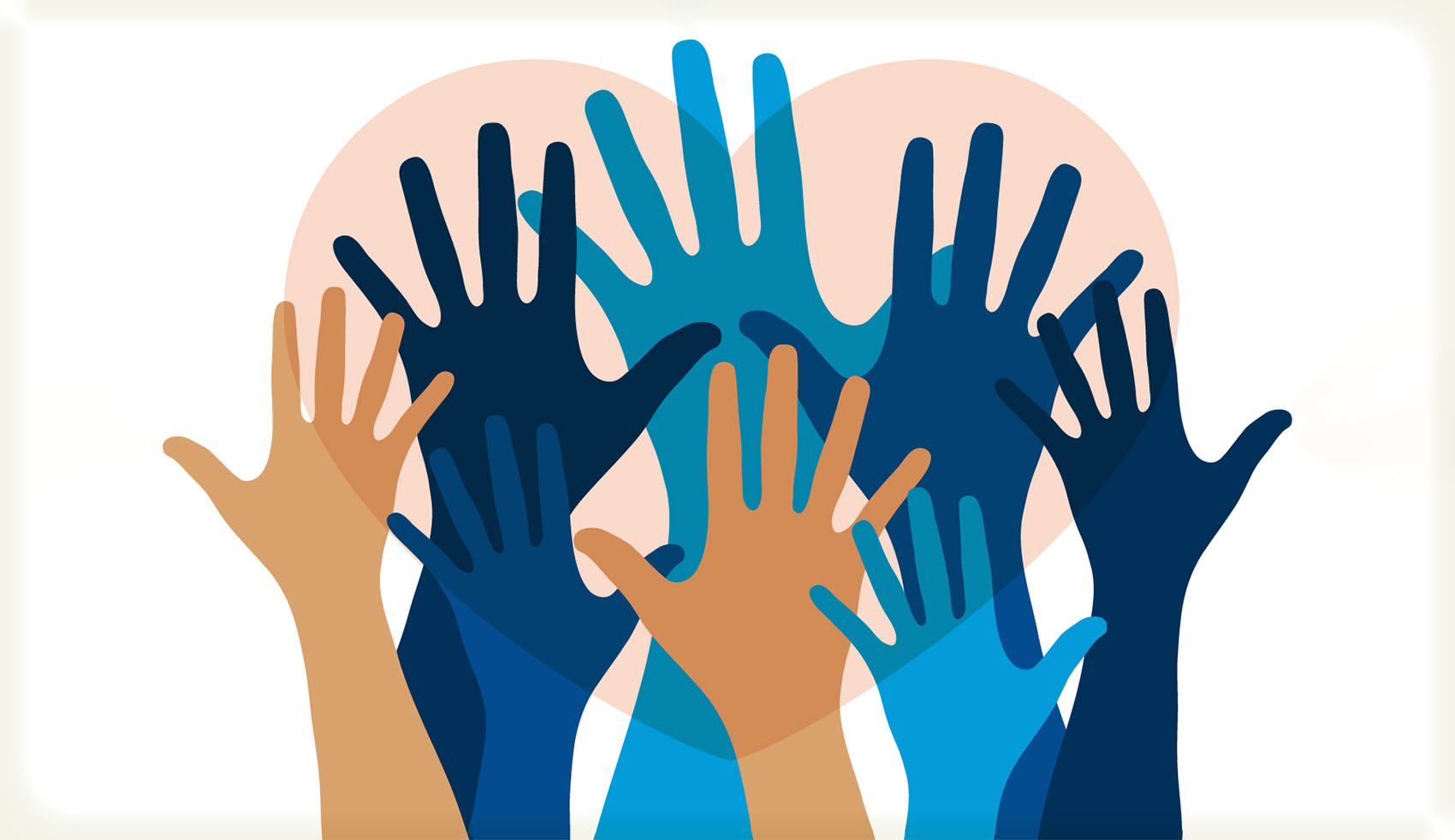“L’ LOVE Either way, Christ’s love controls us. Since we believe that Christ died for…
Human Personalities and Relationships
Take a moment, and ask yourself, “What does a healthy community look like?” What were your initial thoughts? Did you think about the community you are already a part of? Or was it the community you wish to be a part of? Well, whatever it was, one thing is for certain, we are all in need of support, especially from a community.
The older I become, the more I appreciate the love and support I receive from my all-support groups. For instance, I think of the members inside the church, they are the people I laugh with and share the happiest and hardest moments of my life. I can also say that I surround myself with people who will be honest and tell me what I need hear to continue growing. Each and every one of my brothers and sisters in Christ have unique quirks and I cherish each of those traits because that’s who they are; however, I make it my responsibility to appropriately redirect destructive behaviors. You may be wondering, “well, how can you kindly tell someone that they are hurting you?” Well, it’s simple, learn about their personality and their love language. It is essential to create boundaries in ALL relationships. These boundaries create positive relationship responses and stop others from destructive and toxic behaviors. Colossians 4:6, ESV states, let your speech always be gracious, seasoned with salt, so that you may know how you ought to answer each person.
So, let’s dive a bit deeper in understanding personality types. The personality types that I will be talking about are as follows: Type A, B, C, D, and X personality
Type A Personality: In summary they enjoy control but aren’t normally detail oriented. These people thrive with creating and accomplishing their goals. A perfect example of this type of person would be Paul from the Bible.
Type B Personality: This person thrives in fast paced environments and tend to be very outgoing. They are very good at building relationships with others, but also seek external recognition from the people around them. A perfect example of this type of person would be Peter from the Bible.
Type C Personality: This personality tends to be detail oriented and relish in relationships that are stabled. They also find it difficult to be around people who react emotionally because they are very rational and logical. An example of this type of person would be Moses from the Bible
Type D Personality: Usually, people who in this category like to take things slower and seek constant security and longevity in the workplace. These people enjoy structure, so when rules change, they are not so happy with the shift. An example of this type of person would be Abraham from the Bible.
Type X Personality: This person has two very strong personality types. For instance, this person can equally be identified as personality types B and D. Please note that in EXTERMLY rare cases, a person can be equally all personalities.
If you want to learn more about where I found this information, please link to the following website: https://www.hiresuccess.com/help/understanding-the-4-personality-types
Now, let’s look into different types of relationships. They are as follows: Competitive/Controlling, Active/Passive, Aggressive/Accommodating, Disconnected/Parallel Lives, and finally Accepting/Balanced.
Competitive/Controlling: People in this relationship are eager to win! There are serval arguments that easily turn into power and control situations.
Active/Passive: In this relationship, there is always one person taking on the heavier load. Like most relationships, there will be arguments, but these arguments can usually stem from resentment.
Aggressive/Accommodating: The difference in power a quite noticeable. There is one person in the relationship that controls all outcomes, while the other, accommodates to the other person due to fear.
Disconnected/Parallel Lives: Here, people in this relationship don’t have much chemistry. They are both wandering in their own world and aren’t IN a relationship, they are in autopilot.
Accepting/Balanced: In this relationship, we have a people that balance each other out and complement one another. They know each other very well and do their absolute best to bring the best version out of each other. They are the ideal relationship.
If you want to learn more about where I found this information, please link to the following website: https://www.psychologytoday.com/us/blog/fixing-families/201905/there-are-5-types-relationships-which-one-is-yours
Now that I have presented these types of relationships, which one do you need to create nourish and set boundaries for? Remember, we are all evolving. However, it is essential that we create healthy and loving relationships with our support groups, as they become our community. So, take some time and learn more about your relationships and establish healthy boundaries with your loved ones.


